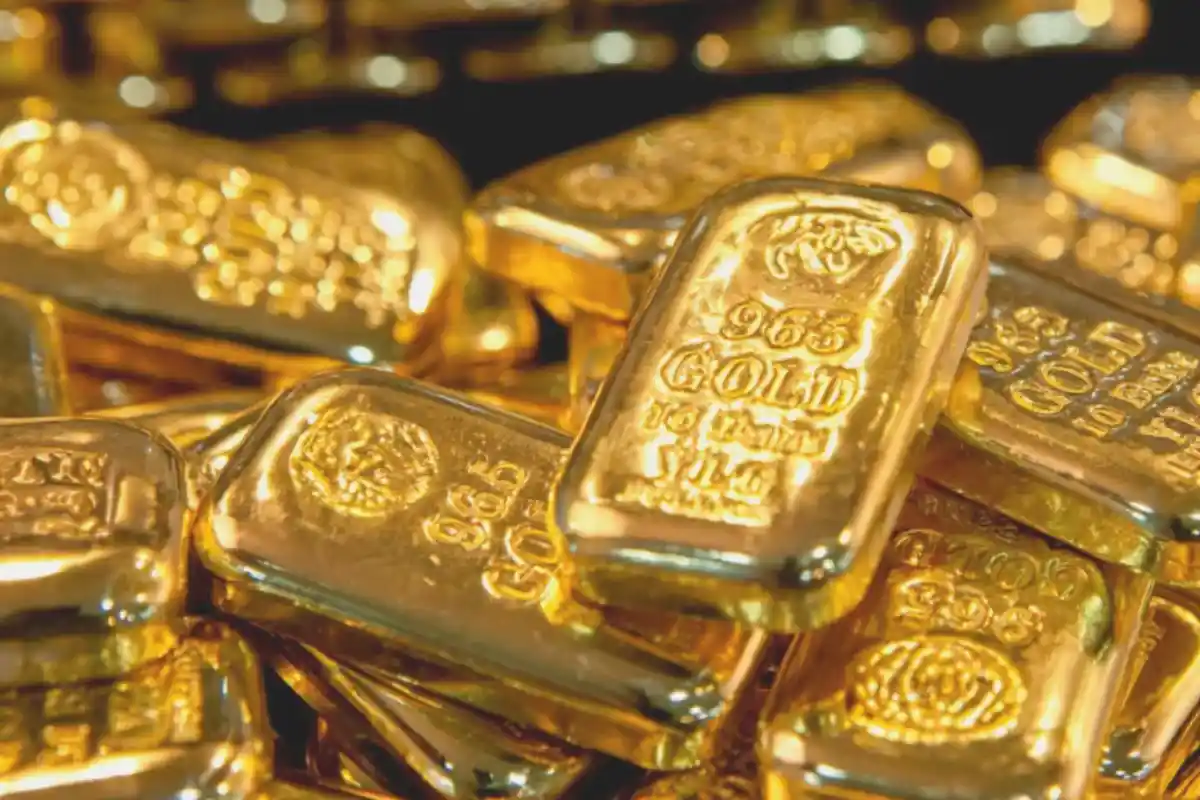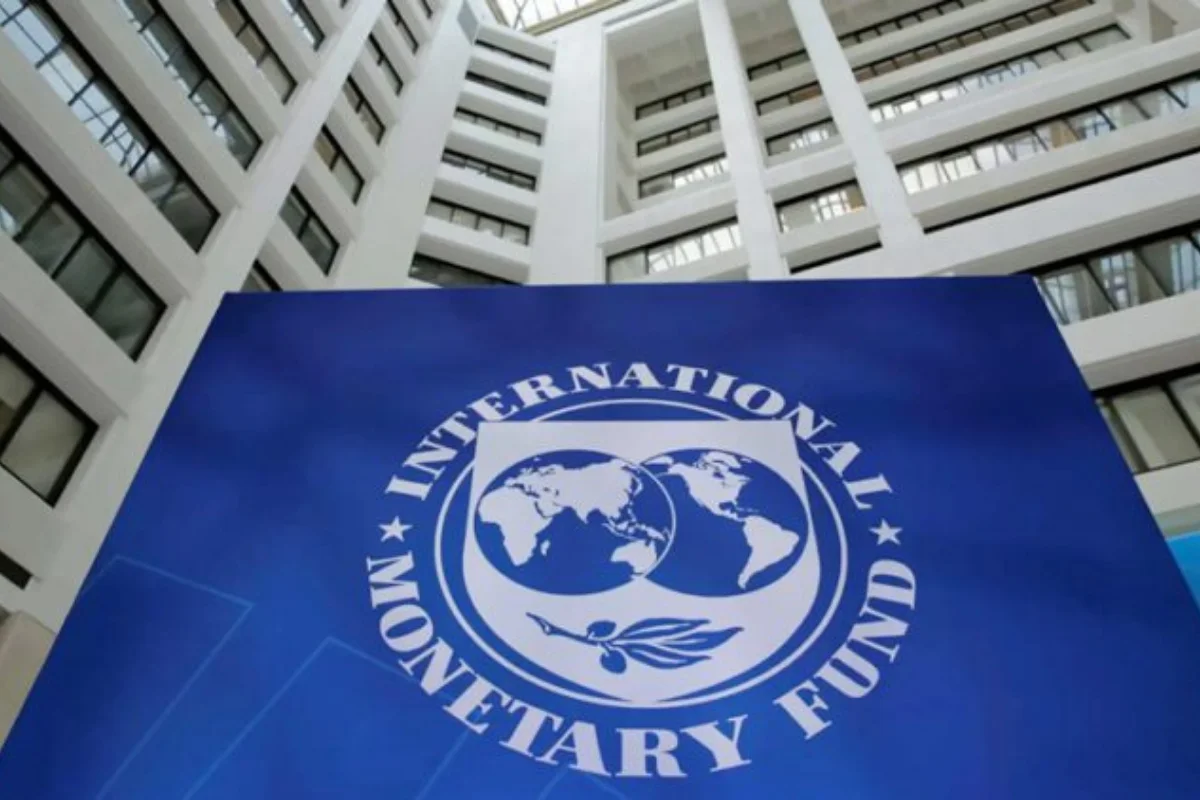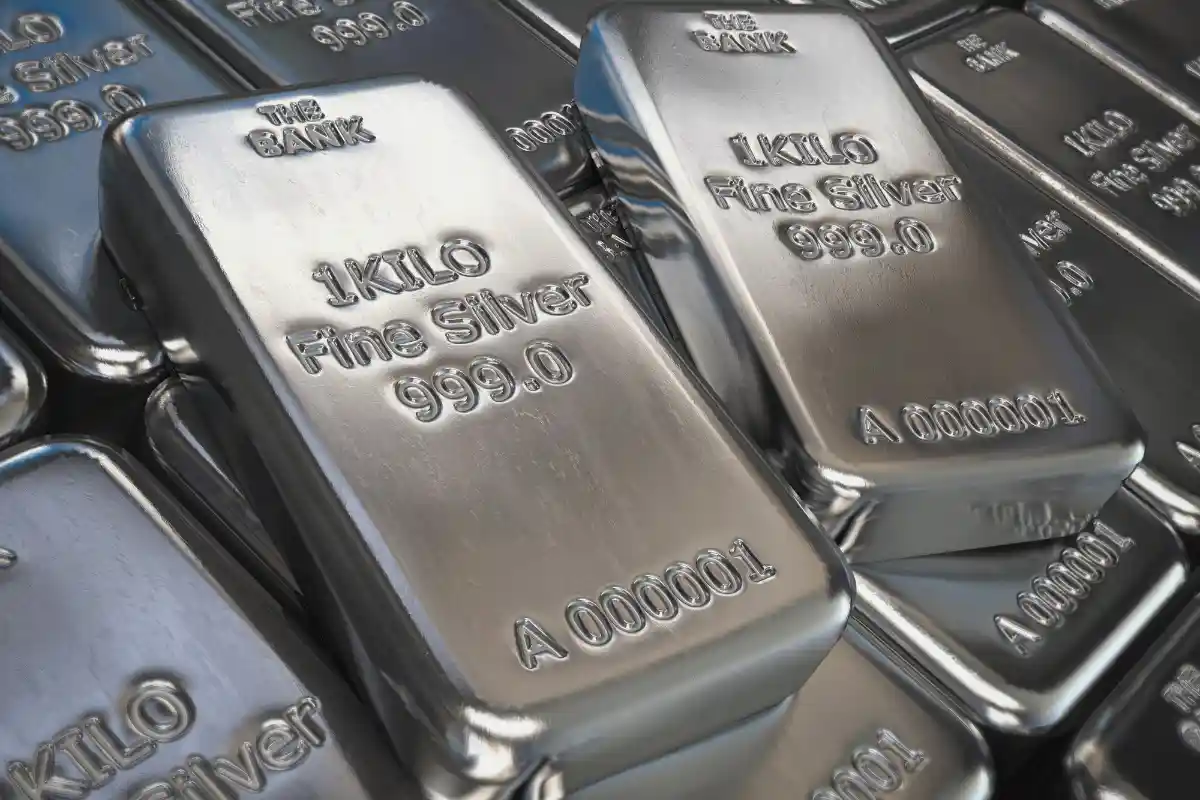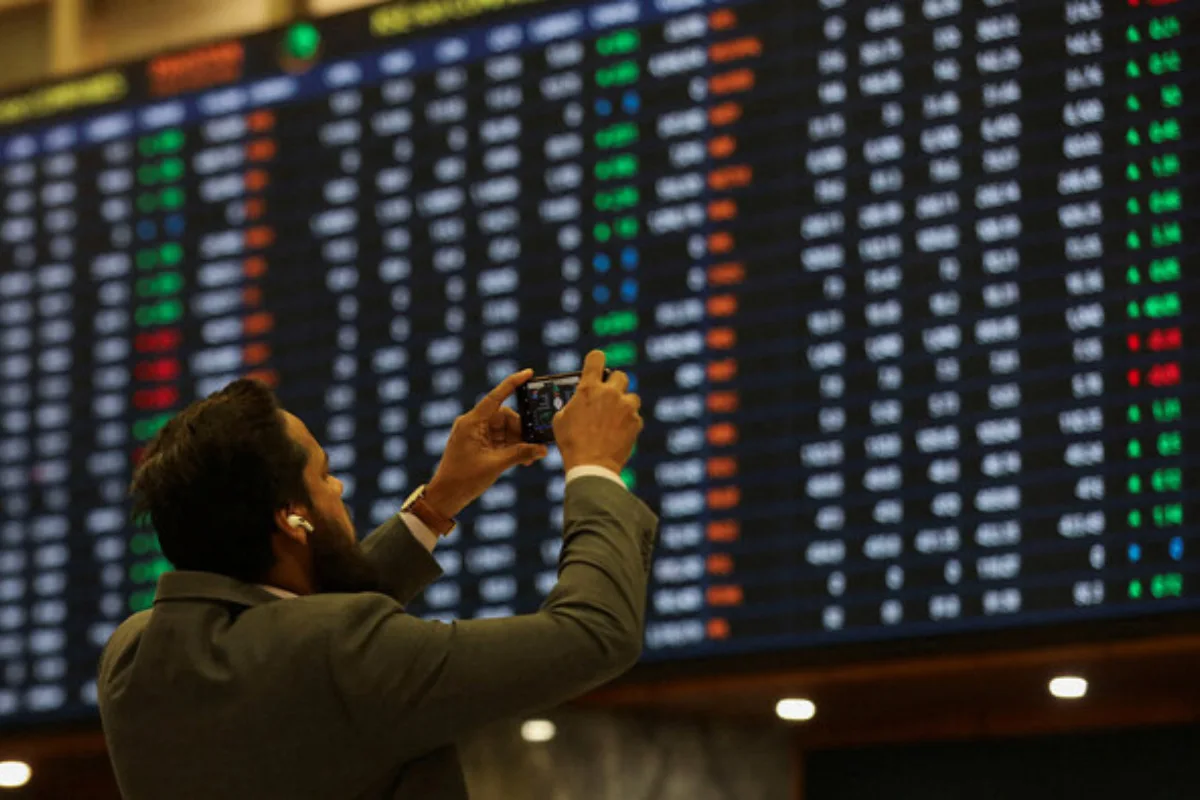Global oil prices hit new high: How much could petrol get costlier in Pakistan?
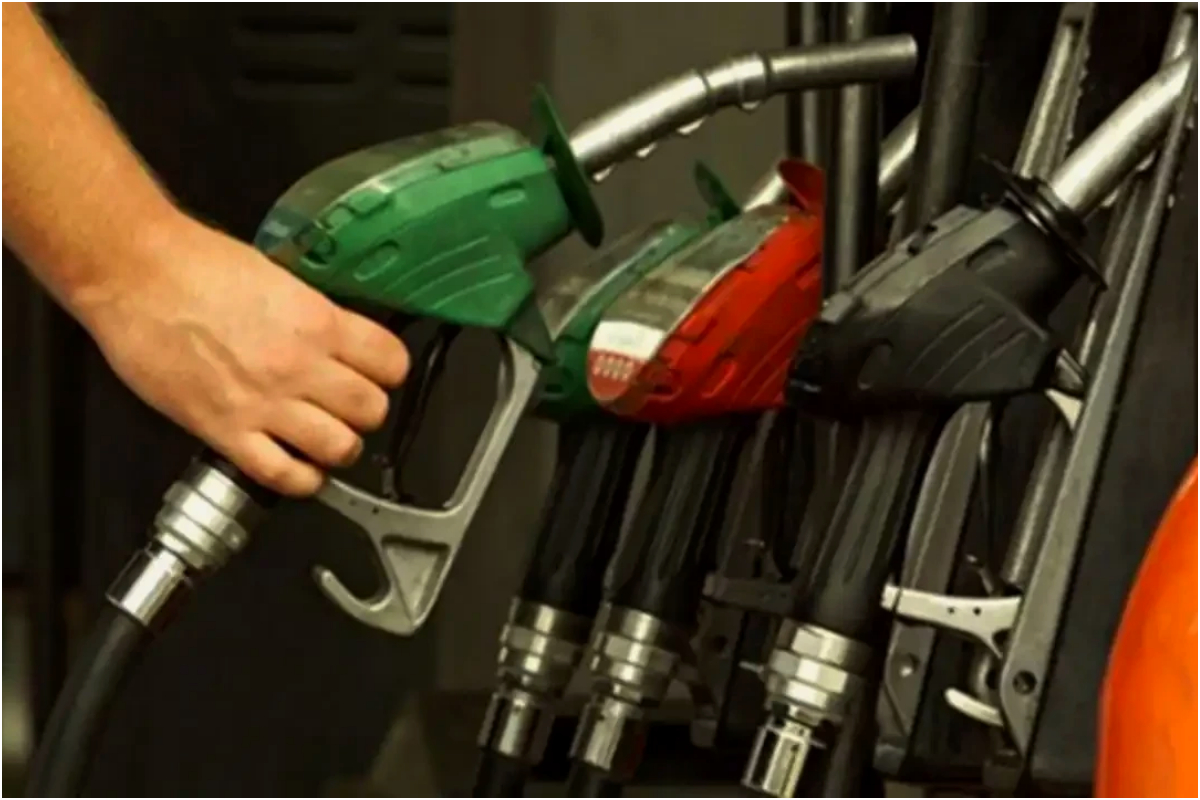
Pakistan shares five-year petroleum levy collection to IMF
Oil prices rose sharply in the international market on Monday, reaching the highest levels since January. This came after the United States participated in airstrikes on Iran’s nuclear sites over the weekend.
These events have increased tensions in the Middle East and raised fears of possible disruptions in global oil supply.
Brent crude climbed by $1.92, or 2.49%, to $78.93 per barrel, while US West Texas Intermediate (WTI) rose by $1.89, or 2.56%, to $75.73. Earlier in the session, both had surged over 3%, touching $81.40 and $78.40 respectively, the highest levels seen in the last five months.
Iran, a major member of OPEC, is the third-largest oil producer in the group. There are growing concerns that Iran might retaliate, possibly by blocking the Strait of Hormuz—a vital route through which around 20% of the world’s oil supply passes.
Iran’s state-run Press TV reported that the Iranian parliament had approved a measure to close the strait, although such warnings have been made in the past without action.
June Goh, an analyst at Sparta Commodities, said risks to oil infrastructure have increased. While there are other pipelines, they cannot fully handle the large volume that goes through the strait. She also mentioned that some shipping companies may now avoid the region due to the rising danger.
Goldman Sachs, in a note, said Brent crude could hit $110 per barrel if oil flow through the Strait of Hormuz is reduced by half for one month. The bank noted that prices could stay about 10% higher than usual for nearly a year but added that no major supply disruption is expected at this point due to global efforts.
Since June 13, when the conflict intensified, Brent has gone up by 13%, and WTI by 10%. Despite this, experts believe prices will only keep rising if there is a real and lasting disruption in oil supply.
In Pakistan, this sharp increase in global oil prices could lead to a notable hike in local petroleum rates. Brent is now close to $79 per barrel, and if current trends continue, petrol and diesel prices in Pakistan may increase by Rs8 to Rs12 per litre in the upcoming price review.
If the Strait of Hormuz is blocked and Brent hits $110 per barrel, local fuel prices could go up by Rs25 to Rs35 per litre. This would also push up transport and electricity costs, further increasing inflation in the country.
Read More: Chicken Prices Hike as Govt Imposes New Tax
Catch all the Business News, Breaking News Event and Trending News Updates on GTV News
Join Our Whatsapp Channel GTV Whatsapp Official Channel to get the Daily News Update & Follow us on Google News.








